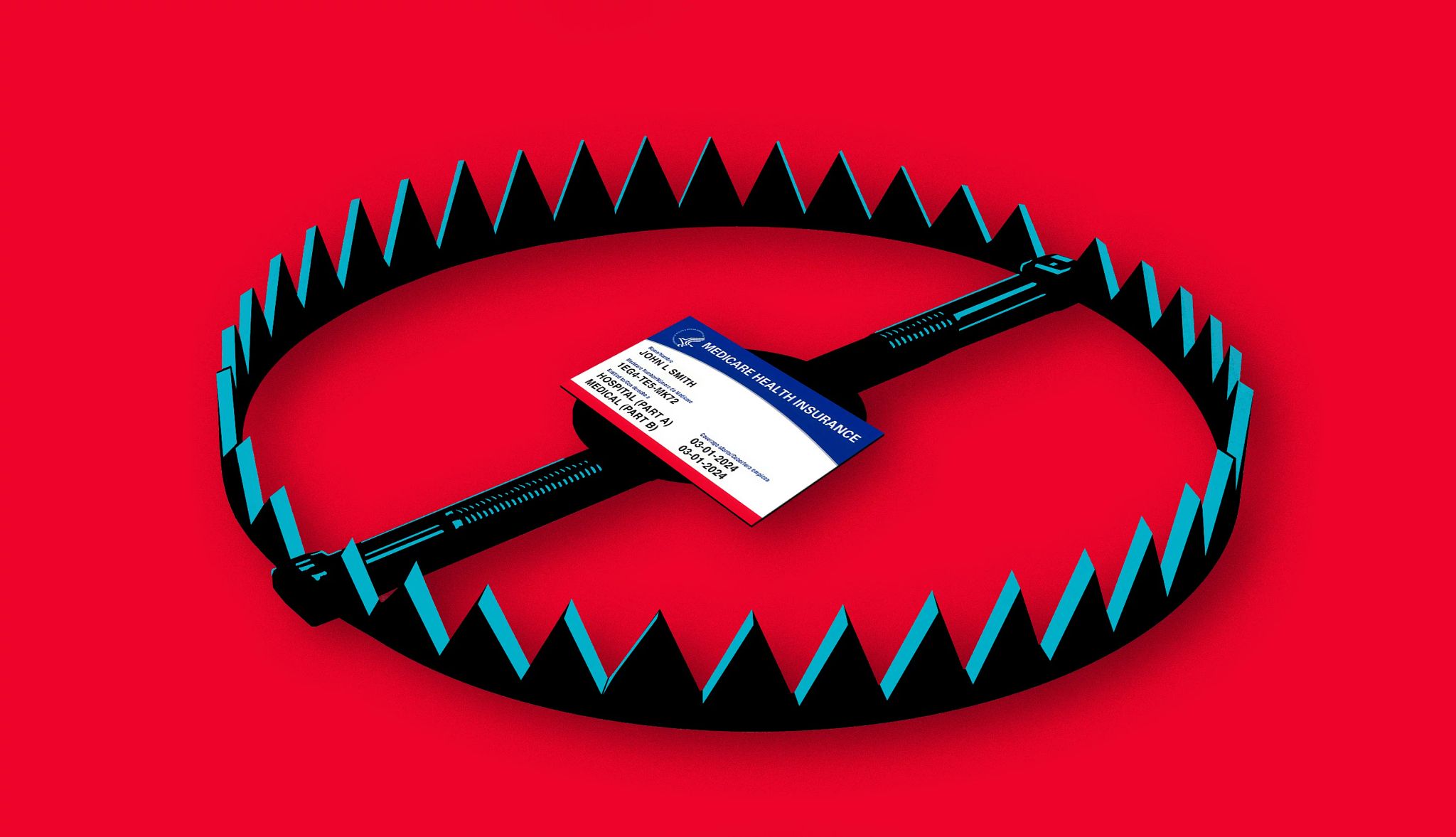AARP Hearing Center


In this story
Common scams • Red flags • Protect yourself • If you’ve been targeted
You may get a phone call from someone asking whether you’ve received your new Medicare card yet. “Typically, the scammer has found or purchased enough information about the beneficiary to … tell the individual their date of birth, address and other information,” says Kim McKenna, Senior Medicare Patrol (SMP) coordinator for the Washington State Office of the Insurance Commissioner.
As the scammer sounds credible, victims engage with them, giving away personal financial information in addition to their Medicare details. McKenna’s office fields several calls a month from victims.


AARP Membership— $12 for your first year when you sign up for Automatic Renewal
Get instant access to members-only products and hundreds of discounts, a free second membership, and a subscription to AARP the Magazine.
Even Medicare specialists get these calls: Tatiana Fassieux, training and education specialist for California Health Advocates and the state’s SMP, said someone pretending to be from Medicare asked her for personal information in order to send a new card.
Scammers may use your Medicare number to make fake claims, typically for medical equipment, genetic testing kits, diabetic supplies or deceptive hospice enrollments, says Rose Morales, a SMP fraud investigative analyst with California Health Advocates.
They take advantage of the fact that Medicare beneficiaries typically don’t receive a bill if Medicare and a supplemental policy cover the full cost, so victims may not even become aware of the fraud until services they didn’t receive appear on their quarterly summary notice or find their some of their claims denied.
These type of scams, as well as errors and abuse, cause Medicare to lose an estimated $60 billion a year.
How Medicare scams work
Here are a few of the most common scams:
They offer a new card. Criminals pretend to be from Medicare and tell beneficiaries that they will be receiving a new Medicare card with a chip or one that is plastic instead of paper, which don’t actually exist (Medicare cards are paper and don’t have a chip). They may even say the new card comes with additional benefits, such as a gift card.
“The scammer will say they just need to confirm the Medicare ID and other personal information. In some cases, they tell the person they just need to provide banking account information to make sure they can continue paying their premiums,” McKenna says.































































More From AARP
Medicare Flex Card Scams
Trust your instinct. If something sounds too good to be true, it probably is
8 Scams That Senior Medicare Patrols Are Seeing
Old cons are recycled to take advantage of news reportsWhat to Do If You've Just Been Scammed
How one woman worked quickly — with help — to avoid being charged through PayPal